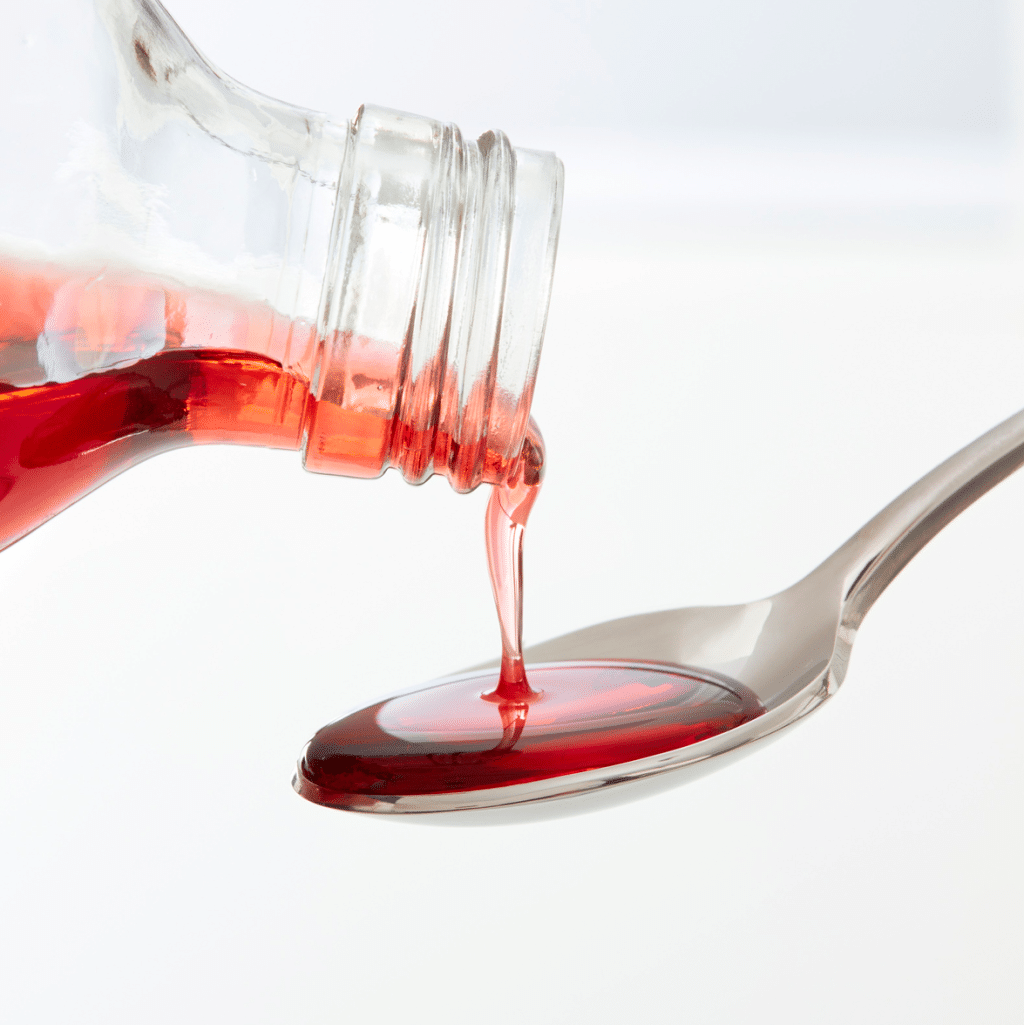
At least 18 children in Uzbekistan are said to have died after taking a cough syrup made in India, which was made in India.
India will look into the claims.
In a statement, the Uzbek health ministry said that the children who died had taken cough syrup called Doc-1 Max, which was made by Marion Biotech in Noida.
The Ministry of Health said that ethylene glycol, a poison, was found in a batch of syrups that were tested in a lab.
It also said that the syrup was given to children at home, either by their parents or on the advice of pharmacists, without a prescription from a doctor, and in amounts that were higher than the standard dose for children.
The ministry said that it was found that the children took this syrup at home for 2–7 days, in doses of 2.5–5 ml three–four times a day, which is more than the standard dose.
The parents used the syrup as a way to treat colds.
Doc-1 Max tablets and syrups have been taken out of all pharmacies in the country after the deaths of 18 children, the statement said. It also said that seven employees were fired because they didn’t analyze the situation quickly enough and take action.
It is known that the teams from the Central Drugs Standard Control Organization (North Zone) and the Uttar Pradesh Drugs Controlling and Licensing Authority will work together to investigate.
A report on the number of casualties has also been asked for from Uzbekistan.
This is the second time in a year that cough syrups made in India have been looked into.
In January of this year, Maiden Pharmaceuticals in Haryana was linked to the deaths of 70 children in Gambia who had used cough syrups made by the company.
In October, the Central Drugs Standard Control Organization shut down its unit in Sonepat because it didn’t follow the rules for making drugs.
Earlier, the WHO said that tests in a lab showed that Maiden cough syrup had “unacceptable” amounts of diethylene glycol and ethylene glycol, which are toxic and can cause kidney damage quickly.
In response to WHO, VG Somani, who is in charge of drugs, said that samples of Maiden’s products had been tested at government labs and “were found to be complying with specifications” and that no toxic substances had been found in them.



